Those places where our spirit is in harmony with the landscape call to us. Some of us feel at home where we are born; others look for it in places they’ve never been but long to find. Discovering the source of our sense of place, belonging finally to and in a fixed and particular landscape engenders a kind of relationship. It makes us care for soil and air and water in a deep way such that we will not feel as if the countryside around us is a franchised, faceless and anonymous blur.
– From the book What We Hold in Our Hands by Fred First
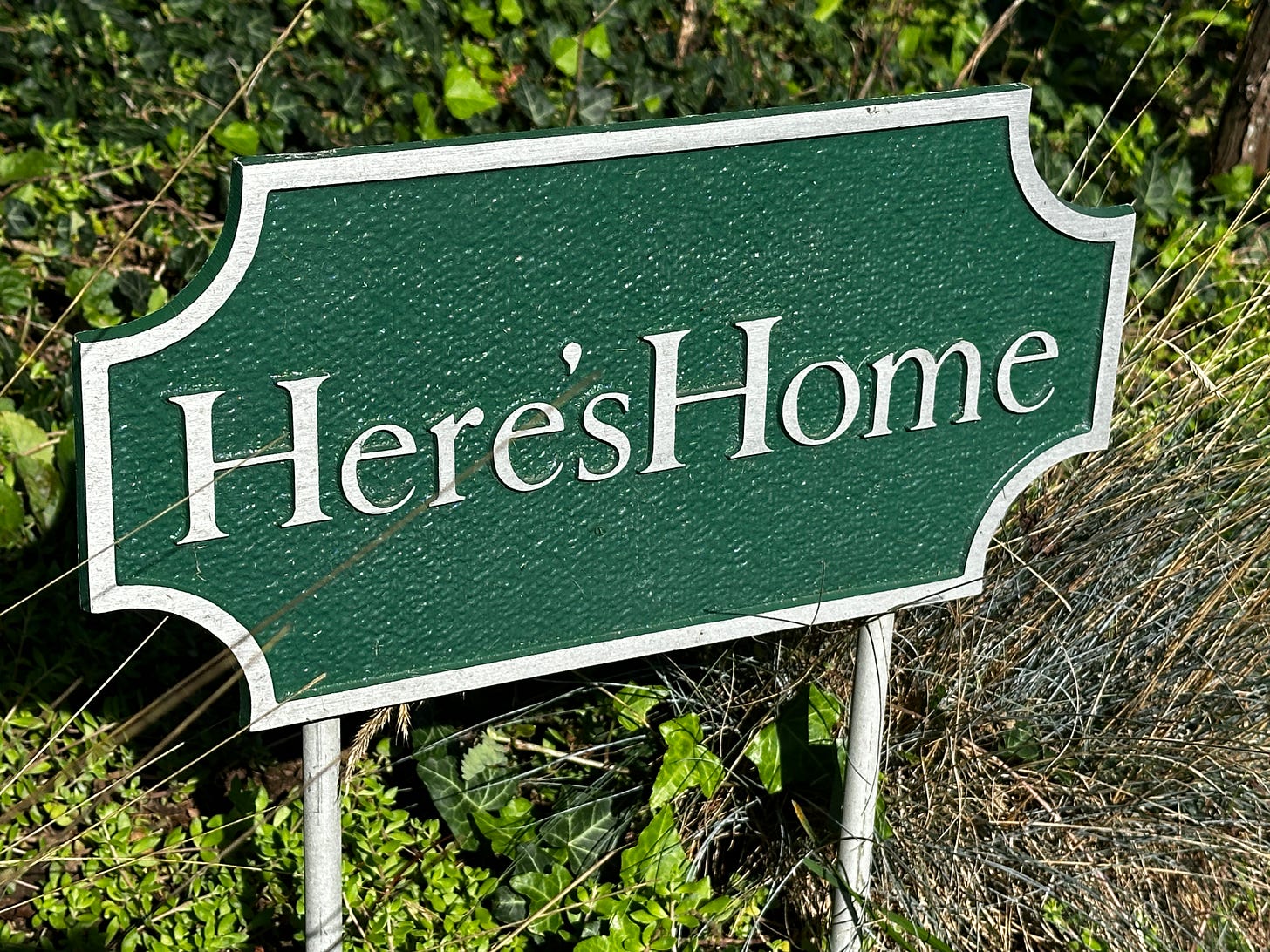
When we moved into the old farmhouse on Goose Creek in the northeastern tip of Floyd County, Virginia a month before Y2k, I set about with intention to become a citizen of a particular and very local place for the rest of my life. (I was wrong about the duration.)
My parochial citizenship extended to the tops of the ridges that curved like cupped hands around a few flat acres between two mountain streams that would soon join Bottom Creek to become the south fork of the Roanoke River.
How would the intentional living and loving of a particular place change me? How could it make me become a better citizen of wider places: of Floyd County or Virginia; the US or the world?
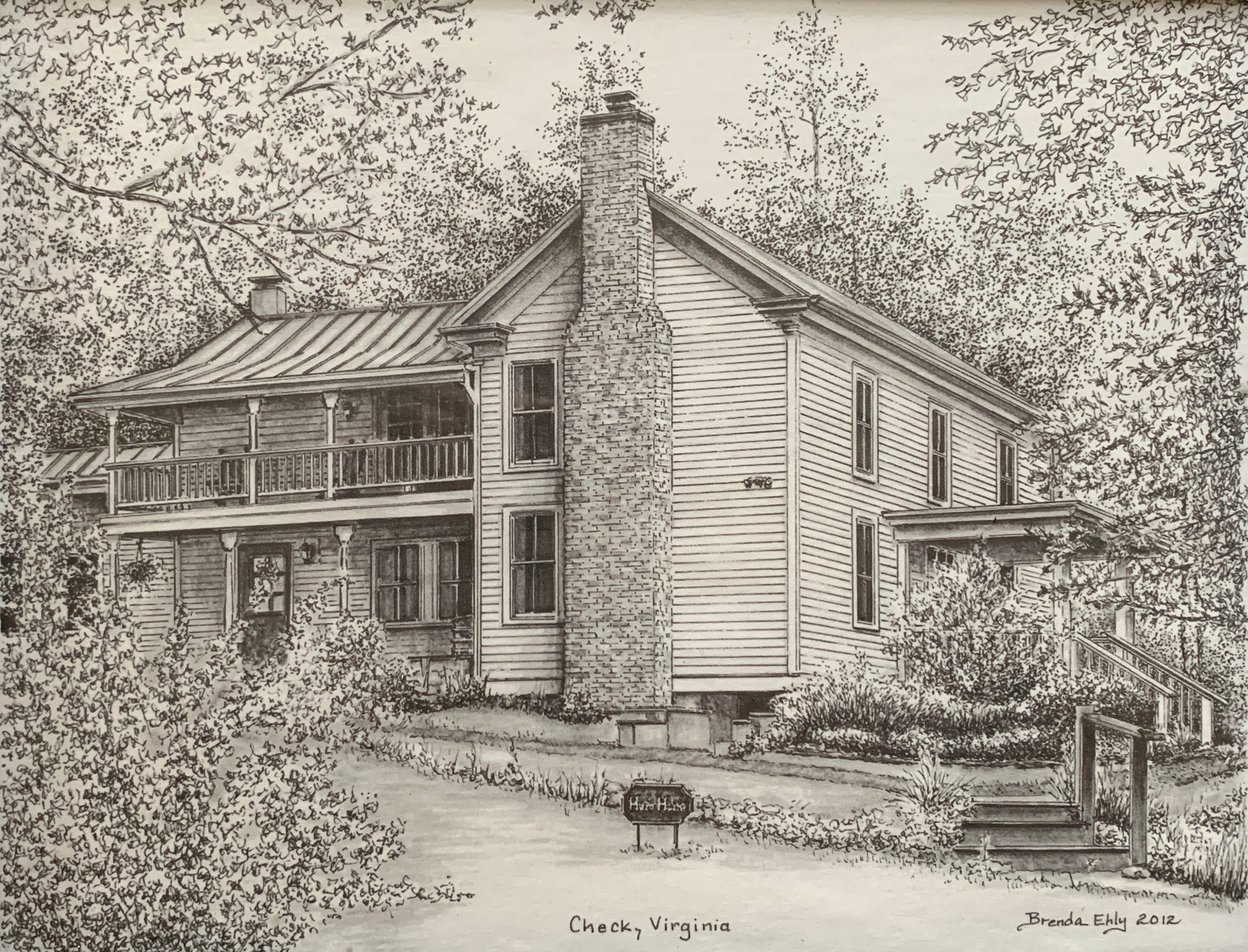
SPACES AND PLACES
So for twenty years, I was the poet laureate representing all that I could see standing on the front porch. I wrote about it daily. I described myself, to borrow a phrase from my author-friend Chris Bolgiano, as the “most famous unknown writer of Goose Creek.”
Write every day. Write from the heart. Write what you know.
And in the process, my personal ecology expanded that relationship to take in other places that, by extension, became my concern.
In learning how to manage my woodlot, the ravaging of mountaintops in West Virginia became my concern. Pipelines did not threaten the creeks that we could see, but by relationship, it was our water at risk.
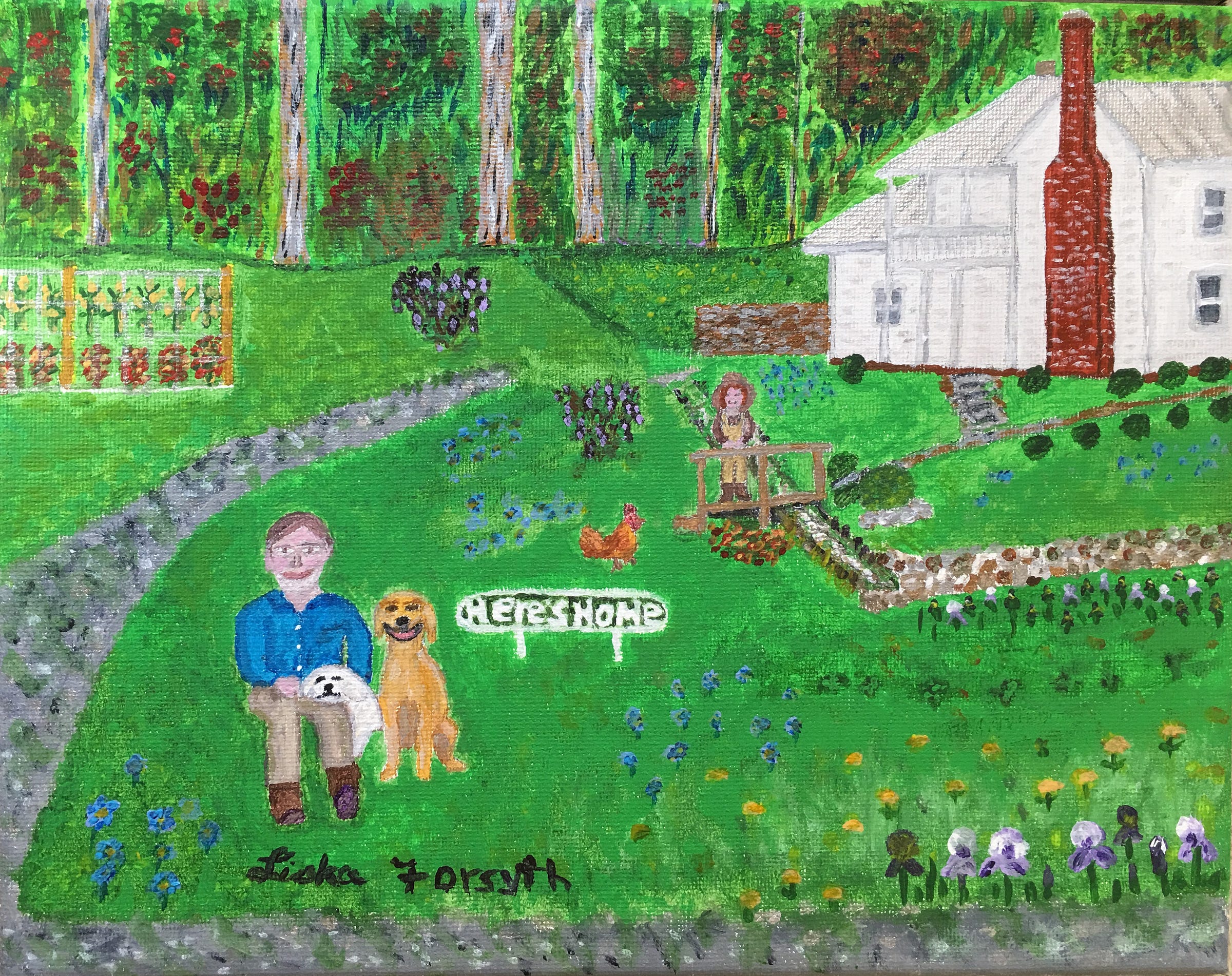
ONE PLACE UNDERSTOOD
Eudora Welty told us that “one place understood helps us know all places better.” [When covid arrived, I was working on a book whose title was to be “One Place Understood. A Personal Ecology of Home” or some such.]
I knew that one place very well. In the next few days, we will pull up the Here’s Home sign next to the walkway, and take it off the stakes because we will have no ground to put it in. I will mount it on the wall above the door of our tiny apartment in Columbia, Missouri.
That space will become a place, and some day, will be home for us. And I will know it by heart in some embryonic way because I have come to know this mountain landscape to the core of me.
I will begin the process again on the plains.
Where does the water come from and where does it go? What is the history of the rock under my feet? What is the fall migration like on the central flyway? What are the local invasives and who can I learn from that knows the forest?
And especially, who are these people we live among so closely and constantly, and what are the stories of the places they called home before the decades brought them here, like us, nearer the end of our lives? What is their personal ecology and how can knowing that bring us together in community?
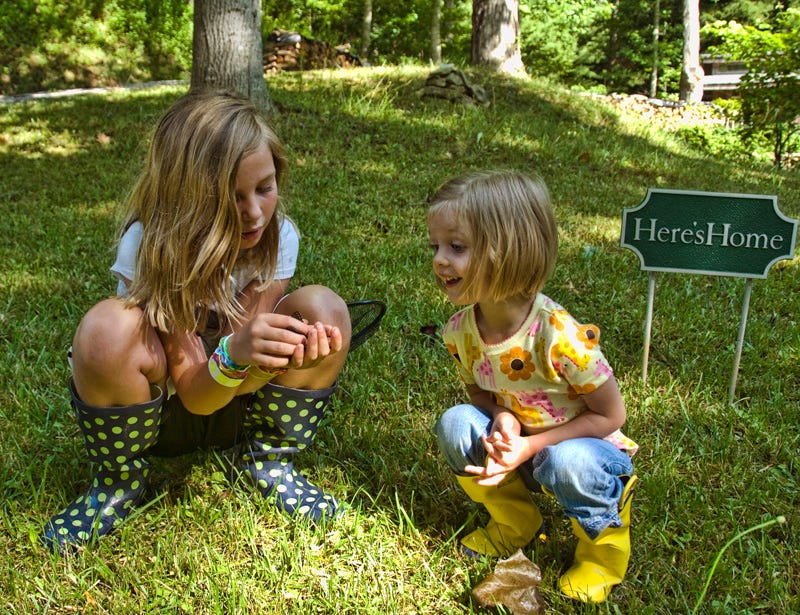
A PERSONAL ECOLOGY
It might be months before I get beyond the initial bewilderment during which nothing is familiar, nothing comes without thinking, and we still can’t find the stapler.
So posts may be few for a while; or I may share from the archives of words and photos and audio essays from the early years. I am blessed with a rich archive of images and each is a story. Many have not yet been told.
At this age and stage of life, there is so much to look back on, even while I have my eyes set on the days, the nature, places and the community we are about to know. I’ll meet you there!
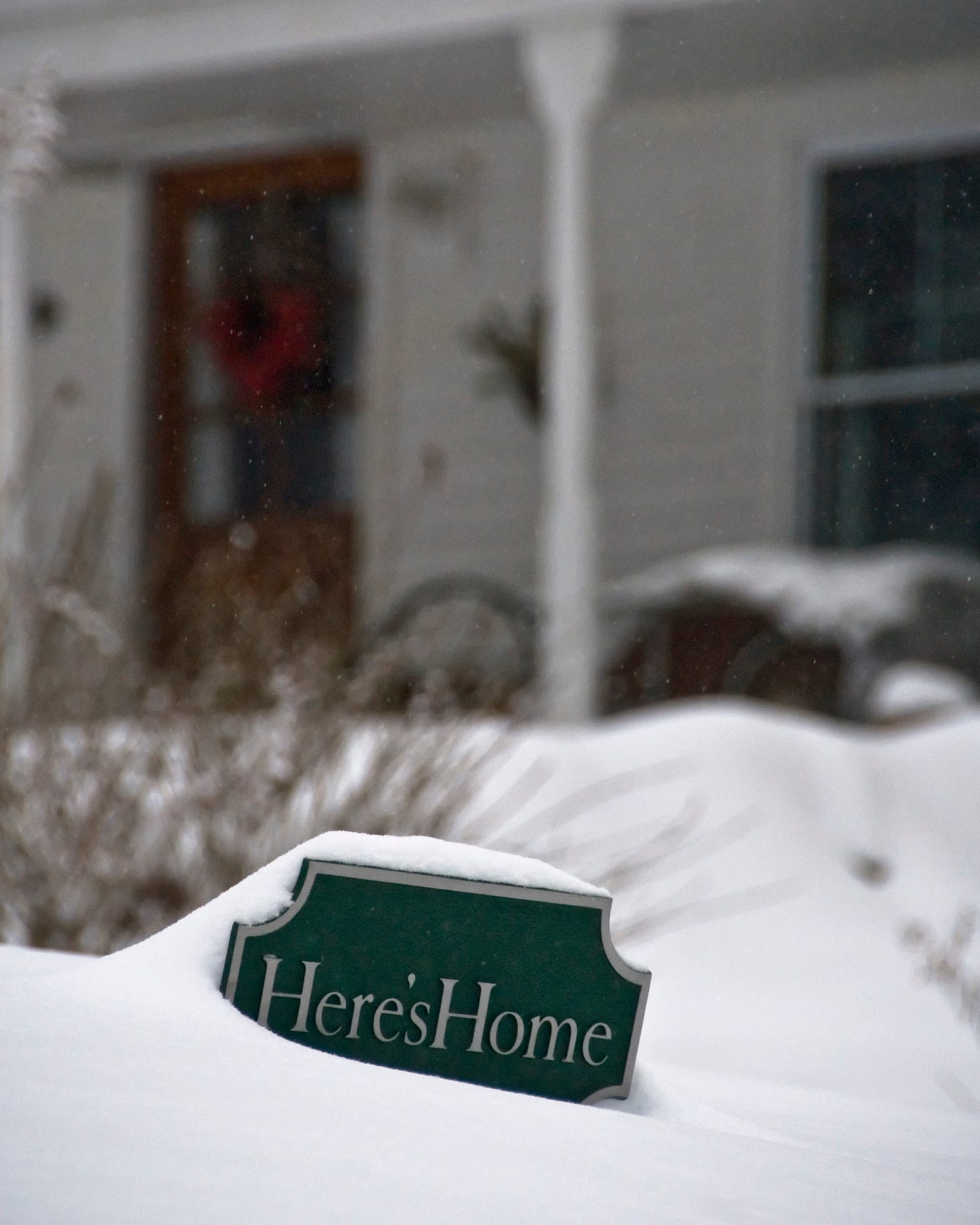
I am keeping these posts about aging and the uprooting that this change has brought about on a page I will update and some day perhaps compile into a larger piece. You can find it here:
Substack posts on Agile Aging by Fred First
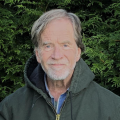 – Fred First is an author, naturalist, photographer watching Nature under siege since the first Earth Day. Cautiously hopeful. Writing to think it through. Thanks for joining me. Subscribe to My Substack HERE
– Fred First is an author, naturalist, photographer watching Nature under siege since the first Earth Day. Cautiously hopeful. Writing to think it through. Thanks for joining me. Subscribe to My Substack HERE
